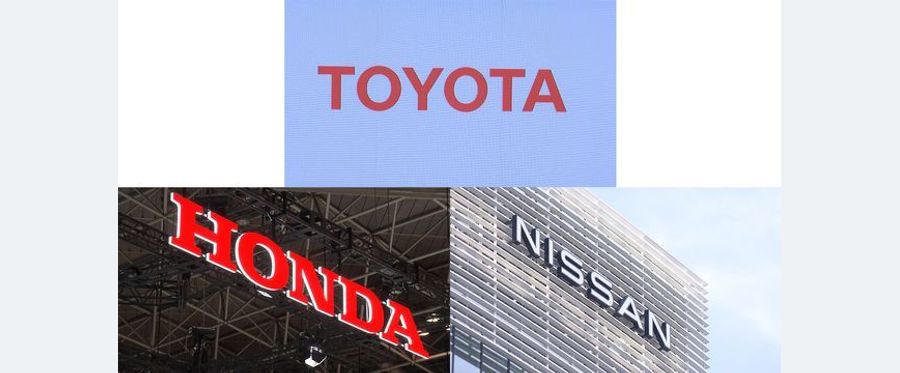Several prominent domestic automobile manufacturers in Japan are releasing their financial results, which appear to be heavily impacted by international trade tariffs. The exact details of the financial repercussions vary - but the overall trend shows an industry in flux due to the ongoing economic climate. A thorough exploration of the earnings data, as well as the corporate strategies aiming to steer through these turbulent times, will follow.
The automobile industry is one of Japan's most critical sectors, contributing significantly to the economy and employment. Thus, the struggles faced by automakers due to tariffs directly impact the national economy and are viewed seriously by investors, workers, and policy-makers alike. Moreover, Japanese society highly values its domestic products, and there is a robust public interest in the prosperity of the sector.
Unlike the US, where tariffs have been used as a tool for domestic market protectionism, Japan has historically relied on international trade for industry growth. Meanwhile, in the EU, the impact of tariffs is mixed, as some member countries have strong domestic industries, whereas others are import-dependent.

